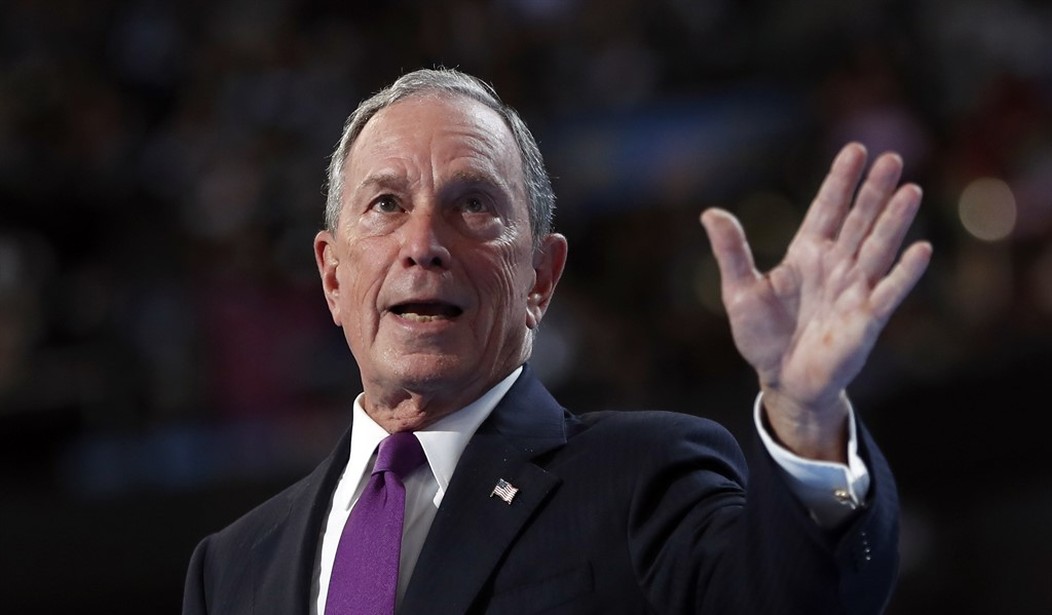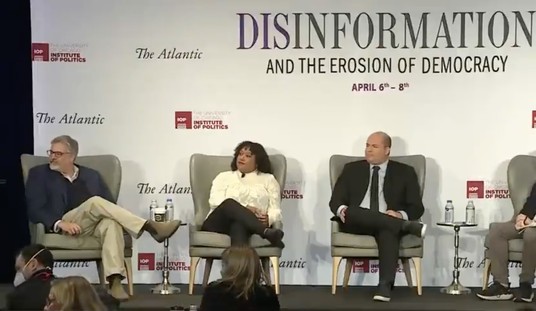Three days after the 2016 election, I wrote that federalism had already started a big comeback among those who lionized the overuse of executive power during the previous administration. One surprising figure has put his money where his mouth is. Michael Bloomberg, whose mayoral tenure in New York City made him an icon of nanny-state governance, will put up $17 million in grants for mayors who address policies outside of Washington DC’s control:
Eager to help local leaders bypass Washington, New York billionaire Michael Bloomberg’s foundation is putting up more than $17 million for a new contest that encourages the nation’s mayors to address critical issues themselves.
The new effort, to be announced publicly on Monday, comes as local leaders are increasingly concerned about the impact of the Trump administration’s policies.
So which policies will Bloomberg incentivize through his sudden new respect for federalism? Er … pretty much the policies one would expect:
Thirty five cities will ultimately win $100,000, while four more receive $1 million and one grand prize winner gets $5 million. There is no limit to the focus of the projects, but some are expected to address Bloomberg priorities such as climate change, the opioid epidemic, illegal guns and obesity.
Other than the relatively recent emergence (and the clear urgency) of the opioid epidemic, it’s the usual Bloomberg platform. In that sense, there’s nothing terribly surprising about his investment in pushing these issues, and of course it’s his money and his prerogative to support those agendas. Bloomberg has never been one to promote individual liberty and choice, but for now the only effective outlet he has is the federalism that generally defends both.
The most remarkable part of this approach is the tacit acknowledgment that policy agendas do not need to be nationalized in order to succeed. Bloomberg will undoubtedly spend money pushing these agendas in Washington too, but this pretty clearly demonstrates that federalism works, at least for those issues within the jurisdiction of the cities, counties, and states. If Seattle wants to impose a massive minimum-wage hike, that’s their business, but their failure can then serve as a warning to others. The same goes for marijuana legalization, and natural resource management, and so on. Over the last several decades, the nanny-state advocates have insisted on a centralized, top-down imposition of a wide range of policies, and for the most part that has led to disaster, in both political and practical terms — with the best example being ObamaCare.
Let’s not just stop with Bloomberg’s agenda, though. We need a much broader restoration of federalism, starting with a way to reverse Wickard v Filburn and a much more straightforward limitation on the concept of interstate commerce. Where the Constitution speaks explicitly — such as the Second Amendment — the federal government should retain jurisdiction, but on all other issues, sovereign states and subsidiary jurisdictions should keep their own resources and use them as they see fit. As we move authority and resources from Washington DC to states and localities, we can apply much more effective accountability for both — and perhaps even hint to out-of-state multibillionaires of all political persuasions that local voters can take care of themselves better than self-appointed nannies can.








Join the conversation as a VIP Member